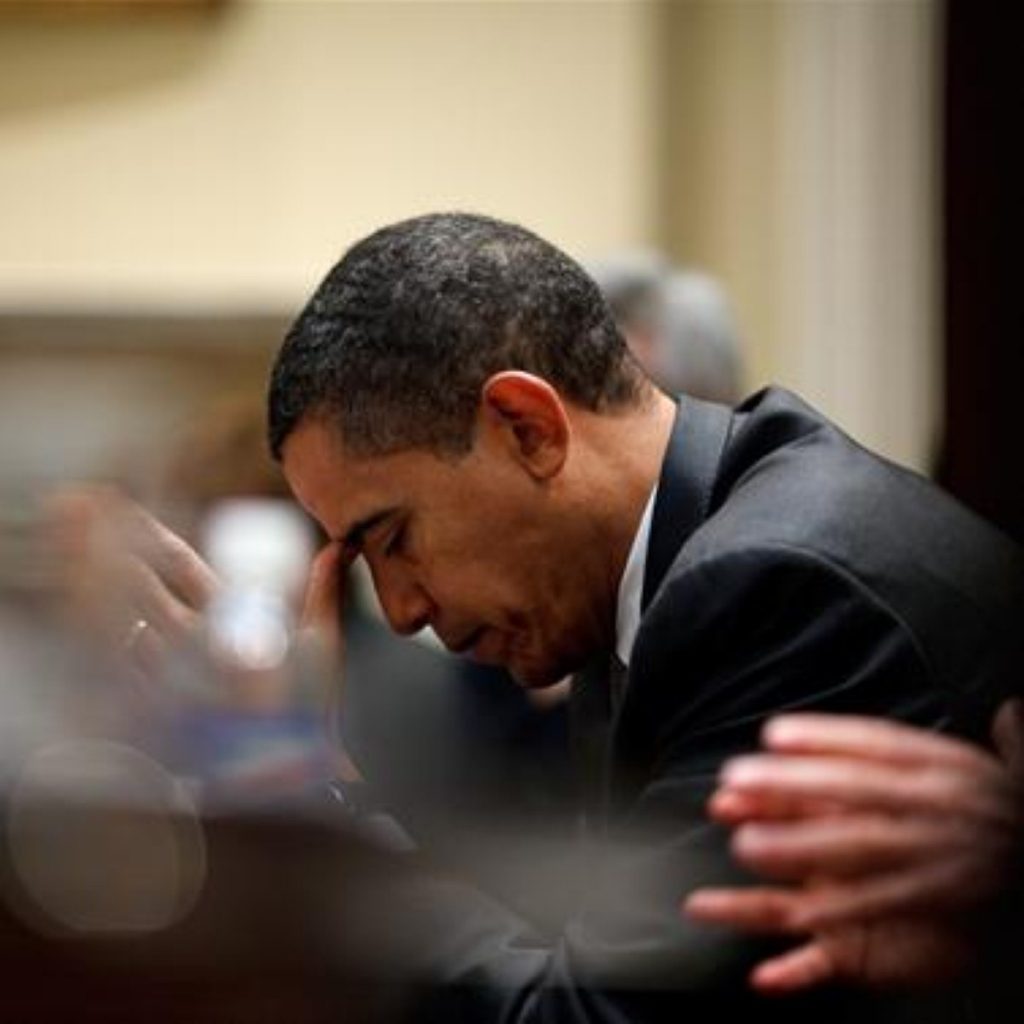Libya letter prompts demands for recall of parliament
By Ian Dunt
A letter calling for the removal of Colonel Gaddafi has prompted demands for a recall of parliament.
The article, signed off by David Cameron, Barack Obama and Nicolas Sarkozy, said it would be “unthinkable” for the dictator to play a part in Libya’s future.
A Conservative MP has written to the Speaker demanding parliament be recalled to discuss the now explicit aim to remove Col Gaddafi from power.


John Baron, Tory MP for Basildon and Billericay, told the BBC that the letter indicated a change in the allies’ mission in Libya and argued parliament should be consulted.
“I believe parliament should be recalled,” he said. “This statement is a clear alteration to the original mission and that would justify a recall.
“When we debated this the case was put this was a humanitarian mission. Clearly that is no longer the case and maybe never was.”
He was backed by Labour MP David Winnick and Tory MPs Peter Bone and David Davis.
Mr Davis said although he agreed with the government’s aim to remove Col Gaddafi, Mr Cameron needed to consult the Commons.
“The simple truth is that parliament did not authorise the next phase,” he told the BBC’s The World at One.
But Richard Ottaway, chair of the foreign affairs committee, said the letter was a “reiteration” of the original mission.
“I think basically, essentially this is a humanitarian mission and it is protection of the civilian population which is top of the order book. I don’t think that has altered,” he said.
“I don’t see a change in policy, just a reiteration of where it was a month ago.”
The article suggests that the US is willing to play a key role in the conflict once again, after it took a decidedly back-seat role following the first few weeks of fighting.
“It is unthinkable that someone who has tried to massacre his own people can play a part in their future government,” the article, which appeared in the Times, the Washington Post and Le Figaro, read.
“The brave citizens of those towns that have held out against forces that have been mercilessly targeting them would face a fearful vengeance if the world accepted such an arrangement. It would be an unconscionable betrayal.”
The explicit expansion of the mission’s aims to include the end of the Gaddafi regime requires a particular definition of the UN resolution which authorised action. The resolution only allows for the protection of civilians, but the allies are likely to argue that their safety cannot be secured without the departure of Gaddafi.
“So long as Gaddafi is in power, Nato and its coalition partners must maintain their operations so that civilians remain protected and the pressure on the regime build,” the article reads.
“Then a genuine transition from dictatorship to an inclusive constitutional process can really begin, led by a new generation of leaders. For that transition to succeed, Colonel Gaddafi must go, and go for good.
“At that point, the United Nations and its members should help the Libyan people as they rebuild where Gaddafi has destroyed – to repair homes and hospitals, to restore basic utilities, and to assist Libyans as they develop the institutions to underpin a prosperous and open society.
“Britain, France and the United States will not rest until the UN Security Council resolutions have been implemented and the Libyan people can choose their own future.”
The Times reported that only Mr Cameron and Mr Sarkozy had been due to sign the article but that the US president offered his signature after he was sent a copy as a matter of course.
Mr Obama had faced domestic criticism for pulling back from his initially confrontational stance in recent days.
That criticism came at the same time as Nato admitted a loss of momentum following Italian, Spanish and Dutch reticence over the use of their combat plans to carry out ground attacks.

